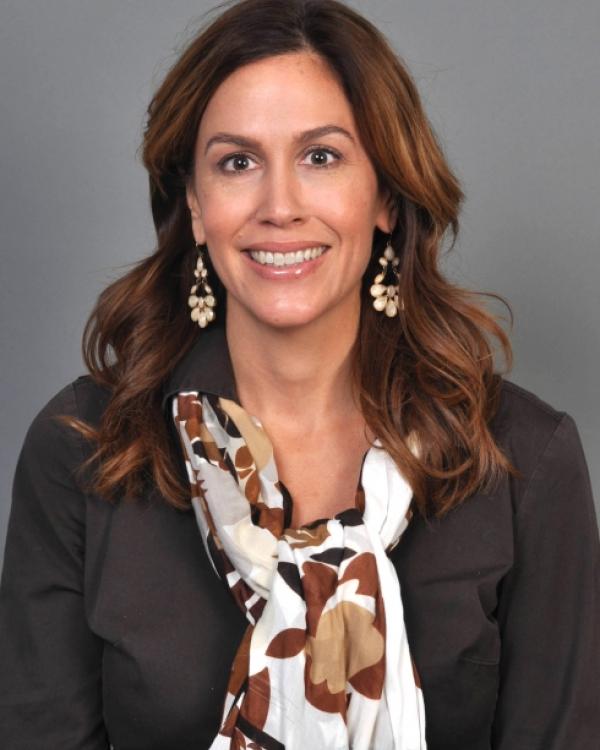
Erika Felix from UC Santa Barbara’s Department of Counseling, Clinical, and School Psychology has been awarded the 2021-22 Jacquelin Goldman Congressional Fellowship granted from the American Psychological Association (APA).
Through a generous bequest to the American Psychological Foundation from Jacquelin Goldman, PhD, the APA administers this APF-funded program for a congressional fellow with an interest in policies that affect the psychological development of children. Applicants for this fellowship must have a background in developmental or clinical psychology and experience working directly with children. Fellowship activities may involve drafting legislation, conducting oversight work, assisting with congressional hearings and events, and preparing briefs and speeches. Fellows also attend a two-week orientation program on congressional and executive branch operations, which provides guidance for the congressional placement process, and participate in a yearlong seminar series on science and public policy issues. The American Association for the Advancement of Science (AAAS) administers these professional development activities for the APA fellows and for fellows sponsored by over two dozen other professional societies.
“This is one of the dreams I have had for my career, and I am thrilled to be able to serve a member of Congress on legislation and issues that affect children and families,” Felix says. “I am also hoping to contribute my research and clinical experiences with disaster mental health and responding to incidents of mass violence. I want to be a part of strengthening the bridge between science and policy.”
Erika Felix is an Associate Professor of Clinical Psychology in the Gevirtz School and a licensed psychologist serving children and families. She received her B.A. in psychology from the University of Southern California and her Ph.D. in clinical-community psychology from DePaul University. Her research is focused on understanding the contextual factors that promote positive youth development or recovery despite contexts of risk, trauma, or stress. She pursues this through research on: (1) promoting adaptive recovery for youth following collectively-experienced traumas, (2) youth victimization and its consequences, and (3) research and evaluation to improve community-based services. Her research has been funded by the National Institutes of Health, National Science Foundation, and private foundations. Her program evaluation experience spans 20 years, serving local education agencies, juvenile court, non-profits, and county government. She disseminates her work through peer-reviewed journal articles, book chapters, technical reports, and interviews with news media outlets.